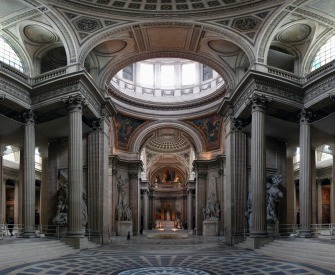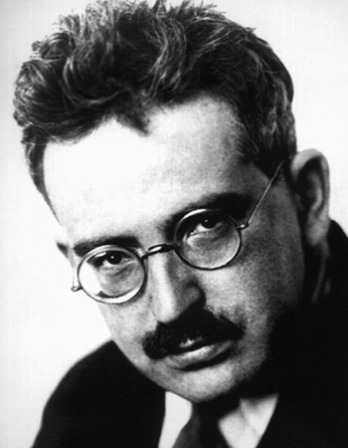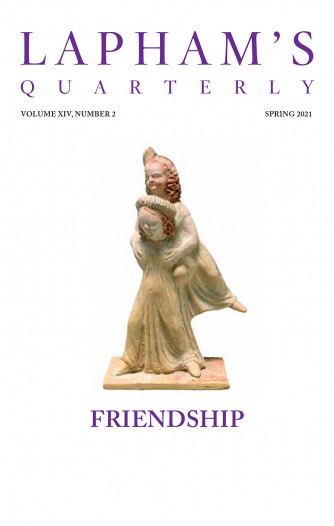The covenant of life is not preached equally to all and, among those to whom it is preached, does not always meet with the same reception.
This diversity displays the unsearchable depth of the divine judgment and is without doubt subordinate to God’s purpose of eternal election. But if it is plainly owing to the mere pleasure of God that salvation is spontaneously offered to some, while others have no access to it, great and difficult questions immediately arise, questions which are inexplicable when just views are not entertained concerning election and predestination. To many this seems a perplexing subject because they deem it most incongruous that, of the great body of mankind, some should be predestinated to salvation and others to destruction. We shall never feel persuaded as we ought that our salvation flows from the free mercy of God as its fountain until we are made acquainted with his eternal election, the grace of God being illustrated by the contrast, viz., that he does not adopt all promiscuously to the hope of salvation but gives to some what he denies to others. It is plain how greatly ignorance of this principle detracts from the glory of God and impairs true humility. But though thus necessary to be known, Paul declares that it cannot be known unless God, throwing works entirely out of view, elects those whom he has predestined. If to make it appear that our salvation flows entirely from the good mercy of God, we must be carried back to the origin of election, then those who would extinguish it wickedly do as much as in them lies to obscure what they ought most loudly to extol and pluck up humility by the very roots. Paul clearly declares that it is only when the salvation of a remnant is ascribed to gratuitous election, we arrive at the knowledge that God saves whom he wills of his mere good pleasure, and does not pay a debt, a debt which never can be due.
From Institutes of the Christian Religion. Born in a small French town in 1509, Calvin at the age of fourteen was sent to study at the University of Paris, where he became inspired by the humanism of Desiderius Erasmus: his first publication, in 1532, was an annotated version of Seneca’s essay “On Clemency.” His Institutes helped establish his role in the Reformation, which grew in influence in the 1540s as he worked to reorient Geneva around Protestant principles.
Back to Issue




